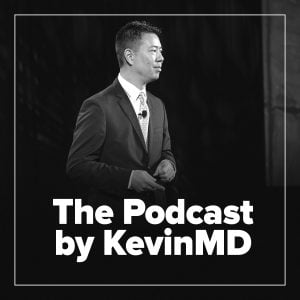“We know this is true in our hearts and minds, but we also know it to be true in documentable terms. Studies have proven that strong, empathic engagement between doctors and their patients increases patients’ willingness to report symptoms and concerns. That in turn improves diagnostic accuracy. Empathy increases patient engagement and compliance. Some studies suggest it even improves survival rates. Connection is a powerful intangible—like family, or love, or hope. So how can a doctor bring connection into the room in the small, often intense increments of time we have with our patients? Often, it’s through surprising secret tools—things like laughter, empathy, and music.
There’s notable science to each. Laughter has been shown to reduce stress and improve immune function. Empathy strengthens patients’ ability to cope with difficult treatments and eases suffering during end-of-life care. And music—wow—studies show music can lower patient anxiety levels during invasive procedures, ease the nausea caused by chemotherapy, decrease pain perception, and inspire feelings of peace and spirituality. And that’s just the medical stuff. On a personal level, listening to and making music together creates a sense of shared experience and kinship. It fires up emotional receptors that otherwise remain dormant. It is an honest, authentic shortcut to connection.”
Steven Eisenberg is a hematologist-oncologist and author of Love Is the Strongest Medicine: Notes from a Cancer Doctor on Connection, Creativity, and Compassion.
He shares his story and discusses his KevinMD article, “Love is the strongest medicine.”
Did you enjoy today’s episode?
Please click here to leave a review for The Podcast by KevinMD. Subscribe on your favorite podcast app to get notified when a new episode comes out!
Do you know someone who might enjoy this episode? Share this episode to anyone who wants to hear health care stories filled with information, insight, and inspiration.
Hosted by Kevin Pho, MD, The Podcast by KevinMD shares the stories of the many who intersect with our health care system but are rarely heard from.




